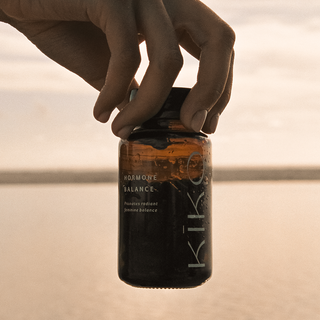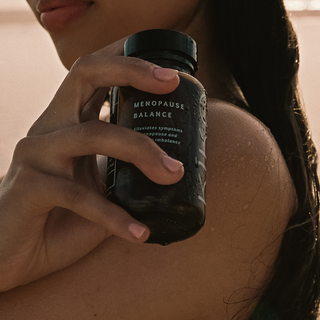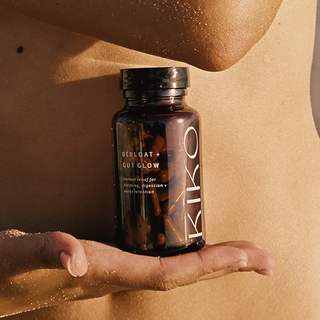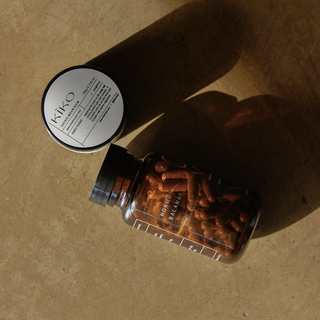
A Bloated belly is common to those that go through a menstrual cycle. It is estimated that 70% of women suffer from bloated bellies during their menstrual cycle. A bloated belly can get uncomfortable and it is something that can be avoided during periods.
The cause of a bloated belly during periods could be due to sex hormone levels, specifically progesterone and oestrogen. Progesterone and oestrogen levels fluctuate during periods, causing the body to retain more water and salt as a result.
Retained water causes body cells to become swollen with water, resulting in a bloated belly. According to one study, the first day of the period is the worst to experience a bloated belly. To avoid bloating, one can use one or more remedies before the start of their menstrual cycle.
Simple remedies that have been scientifically proven to work can help you get rid of bloating during your period. The most common thing will be to switch foods during your period.
We’ve compiled a list of 7 tips to help you get rid of bloated stomach during your period. By combining two or more of the tips below, you will be prepared to face your period the next time it arrives.
- Consume Protein and Potassium rich foods

When you’re on your period, protein is a good addition to your diet. If you have bloating during your period, eat protein-rich foods. Consume foods like chicken and fish.
Watermelon, garlic, and ginger are natural diuretics that should be prioritized because they will help you feel lighter. These natural diuretics will aid in the removal of the majority of the water from your body.
Potassium-rich foods are also a safe addition to your diet during periods. Add bananas, nuts, tomatoes, and salmon to your shopping list to provide your body with the potassium it needs.
- Avoid Alcohol and Caffeine

Alcohol is thought to contribute to bloating and to trigger other PMS symptoms. Alcohol consumption will exacerbate PMS symptoms such as breast tenderness and bloating.
Caffeine should be avoided if you want to avoid bloating during menstruation. Coffee, for example, is said to overstimulate the digestive tract, irritate the bowels, and dehydrate you.
Coffee causes your body to retain water, resulting in bloating. Replace coffee with less caffeinated or caffeine-free beverages such as tea or decaffeinated coffee.
- Exercise on a regular basis

Exercising helps in the reduction of PMS symptoms such as bloating. Exercising on a regular basis is recommended because it has health benefits that extend beyond bloating.
Participate in a combination of moderate and vigorous physical exercise activities. You will need to have a fitness plan in place so that you can train the necessary muscles.
- Cut Off Carbonated and Surgery Drinks

Carbonated beverages, particularly those containing artificial sweeteners, can cause you to puff. When dealing with bloating, avoid foods that cause you to puff up.
Therefore, avoid fizzy drinks, which will leave you even more bloated than before. Instead, drink water as usual, but add natural diuretics like ginger or cucumber.
- Do not over consume fiber

Fiber-rich foods may be thought to be a remedy for bloating, but this is not the case. Eating fiber-rich fruits and vegetables may not help with bloating but may actually contribute to more bloating on the stomach.
Fiber that your body isn’t used to will simply be classified as non-fiber. This is because it takes time for your body to become fond in fiber found in foods, eat only enough fiber or foods containing fiber that your body is used to.
- Sleep More

During your periods, it is recommended that you sleep more. Pains can interfere with sleep during periods, but this is the time when you require more sleep than you can imagine.
Sleeping for longer periods of time will assist your body in regaining excess fluids that have become trapped in the belly and will be eliminated through various methods. Sleep for 7 to 9 hours to allow your body to work on eliminating excess fluids in your stomach.
- Consider Taking The Pill
Birth control pills may aid in the reduction of period bloating. According to reports, different women react differently to the pill, so this method is not for every woman. Some women feel more bloated, while others feel relieved after taking the pill.
Consult your doctor before taking the pill for bloating to see if it is the best option for you. Birth control pills, on the other hand, have been shown to effectively manage PMS symptoms.
Conclusion
A bloated stomach can be extremely uncomfortable, reducing your level of efficiency at work and in other activities. Having a bloated belly during menstruation does not impede you from getting back into shape. Use the advice we’ve given you to deal with a bloated belly during menstruation.




